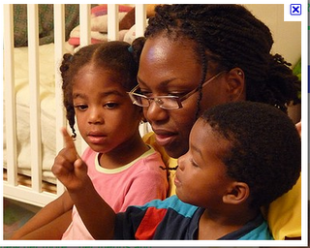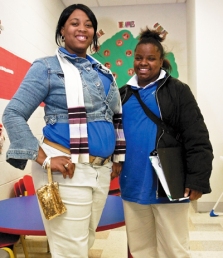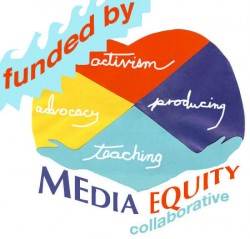When I sat down to write the song that came to mind for me was Musiq Soulchild’s Love. I thought about this beautiful ballad because it allows for a much bigger vision of love that includes all manner of relationships including the one we have with ourselves. Soulchild sings…
Love
So many people use your name in vain
Love
Those who have faith in you sometimes go astray
Love
Through all the ups and downs the joys and hurts
Love
For better or worse I still will choose you first
I have been reflecting on the love of my sisters, particularly in feminism. I have been troubled by the fact that many of my sisters have been struggling for a number of reasons, but there are certain hurts that just should not be. A few weeks ago I read a blog by my sister-in-scholarship, Tressie Cottom, super-scholar and new friend who lamented on the lack of love demonstrated when a student at the University of Chicago threatened to circulate a mugshot photo of her in an effort criminalize her, attack her character, and denounce her scholarship, simply because he disagreed with her perspective on the importance of grades in graduate school. REALLY! While for many of you this is old news, I bring this up because I realized that the reason she was even in the Atlanta University Center area near Morehouse College is because she was lost trying to get to me to join my class for a celebration dinner. But instead of weighing in on the ridiculousness that occurred, both Morehouse police for pulling her over and “booking” her and U of C brotha-student lacking basic decency and manners, I want to focus on how love guides much of the work the feminists in my life do regularly.
Sometime Yes! is a powerful statement. I teach a Poverty and Social Justice course at Spelman College and I wanted my students to learn to write in ways that encourage them to enter public discussions now. The five page paper and the research papers have their place, but students should be cultivating their voices as students. With all their access to the interwebs and simple applications I believe they need to work on a little more production and a lot less consumption. I called Tressie because she was highly recommended by another sister scholar to do a workshop on Opinion Editorials for my class. She did not know me. She said, “Yes!” In fact, she said, “Yes!” again in the Fall, and again she has said “Yes!” for this Spring.
On the night she was pulled over I had invited her to have dinner with my class to thank her for sharing her time and talent with us, but she did not show up. I assumed something came up and let it be. I found out through her blog two months later that she was arrested. So here is where the challenge comes in. When my sisters need help all too often too many of them do not call. They say, “I did not want to bother anyone” or “It wasn’t that big a deal.” And it would not have been if someone did not decide to look for ways to tear her down.
Love
So many people use your name in vain
Love
Those who have faith in you sometimes go astray
Love
Through all the ups and downs the joys and hurts
Love
For better or worse I still will choose you first
One of the most important commitments of the Crunk Feminist Collective is self-care. We insist on figuring out ways to care for ourselves and one another. We send care packages to one another and others as we can and we remind each other to take care of ourselves. What we realize is that working in the academy and advancing feminist politics in a broken nation can be toxic and while we don’t want to be negative one of our goals is to “not die” trying to do this work. Too many of our feminist foremothers and forefathers have died too soon trying to do this work. I am thinking of Audre Lorde, June Jordan, and recently Rudolph Byrd. The way that we move forward and “live” is by caring for one another by saying Yes! and sometimes No!, but also by agreeing to engage one another in love. To engage one another in love may mean getting crunk when need be, but it also means sending a lifeline (text, email, phone call, lunch) when you know someone needs it. Instead of getting Crunk online, this time we chose to send life lines to our sister to let her know that while the principles of online engagement are important to figure out, making sure she was okay was our top priority.
I have women in my life right now trying to figure out how to be in community with one another and love sometimes feels like it isn’t enough. I have to believe that “love in struggle” is enough. I love Tressie because she gives of her time and talent because she loves working with young scholars-of-color to develop their voice through their writing. I love Tressie because instead of attacking another scholar she reached out to invite him to participate on a panel to discuss academic engagement and social media. I love the CFC because in this community I am so much more informed about the people and issues I care about, like Tressie’s situation. This time she did not call me, but in this community of love I did get the message and was able to respond.
For me the love lessons are many; brotha Soulchild teaches us that sometime folks ain’t gone act right, Tressie teaches us that we can choose to let love guide our engagement both online and off-line. The love lesson I want to leave you with is this…
Sometimes our folks need our support and love but don’t know how to ask for it or don’t think it is important enough, so we have to tell them regularly that they can call on us. Sometimes people who give love need invitations to be loved back. After scolding Tressie for not calling on me, I let her know that I love her and that next time she has to give me the opportunity to say, “Yes!.”



















Recent Comments